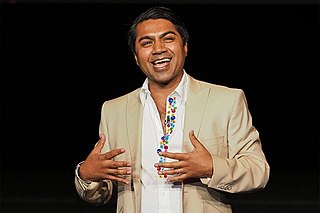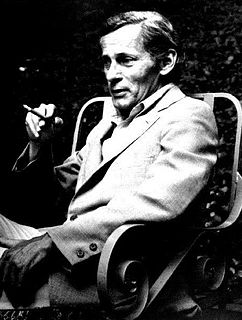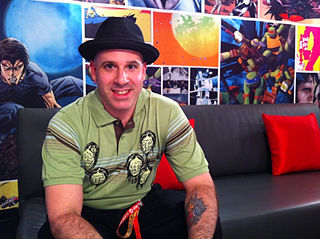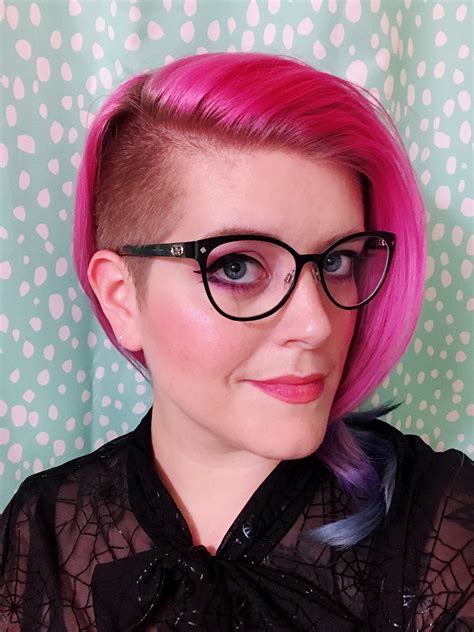A Quote by Brian Stelfreeze
I believe monthly comics and the extended miniseries are the true hallmarks of comic art and storytelling.
Related Quotes
Television is what we call the long form of storytelling, where we tell stories over thirteen, twenty-two, or twenty-four hours. Miniseries is an eight-hour form of storytelling, and film is a two-hour form. Each and every one of them are important to me, because they're a different modality of storytelling.
The lovely thing about writing comics for so many years is that comics is a medium that is mistaken for a genre. It's not that there are not genres within comics, but because comics tend to be regarded as a genre in itself, content becomes secondary; as long as I was doing a comic, people would pick it up.
Storytelling is one of comics' esthetic hurdles at the moment, which was the novelist's problem 150 years ago: namely, to take comics from storytelling into that of "writing," the major distinction between the two to me being that the former gives one the facts, but the latter tries to recreate the sensation and complexities of life within the fluidity of consciousness and experience. As far as I'm concerned, that's really all I've been trying to do formally for the past decade or more with comics, and it's certainly time-consuming, since it has to be done with drawings, not words.
I got into comics about the same time as music. By 12 years old, I had discovered my dad's killer comic book collection filled with Silver Age books from his youth...early Spider-Man, Thor, Fantastic Four, The Hulk, Detective Comics, Action Comics, you name it. Seeing those old books got me interested in new comics, so my friends and I would hit the local comic shop every Saturday to pick up the cool titles of my generation.
the true art of the gods is the comic. The comic is a condescension of the divine to the world of man; it is the sublime vision, which cannot be studied, but must ever be celestially granted. In the comic the gods see their own being reflected as in a mirror, and while the tragic poet is bound by strict laws, they will allow the comic artist a freedom as unlimited as their own.
I taught myself how to draw, and I soon found out it was what I really wanted to do. I didn't think I was going to create any great masterpieces like Rembrandt or Gauguin. I thought comics was a common form of art, and strictly American in my estimation, because America was the home of the common man - and show me the common man that can't do a comic. So comics is an American form of art that anyone can do with a pencil and paper.








































